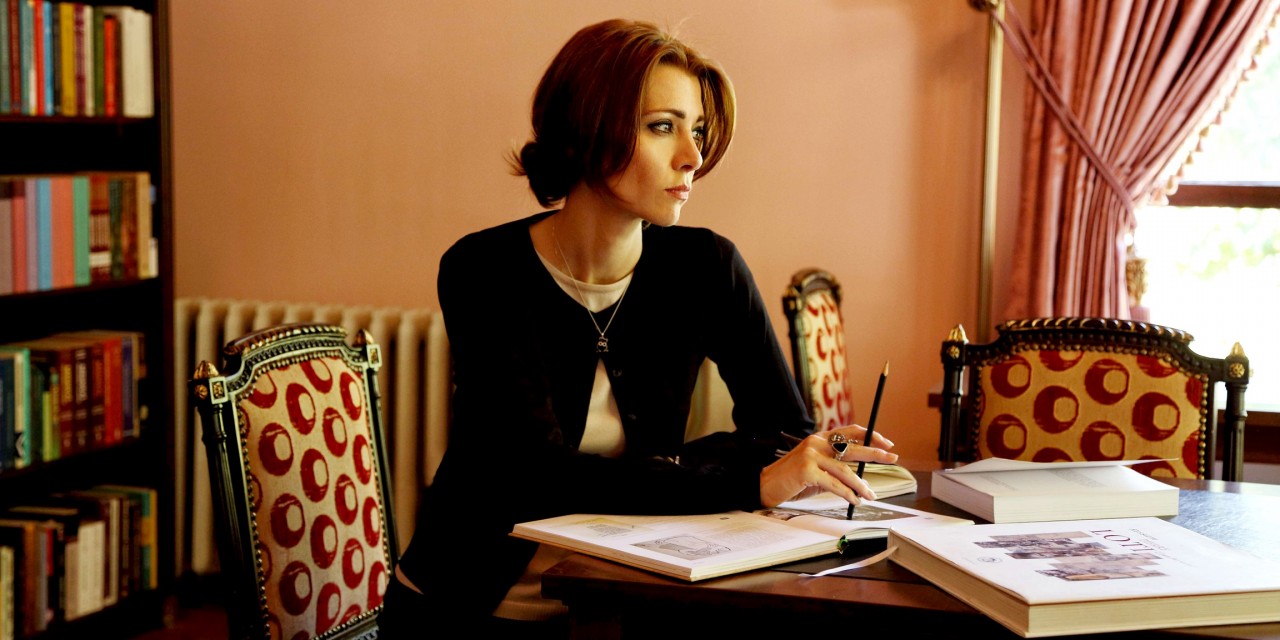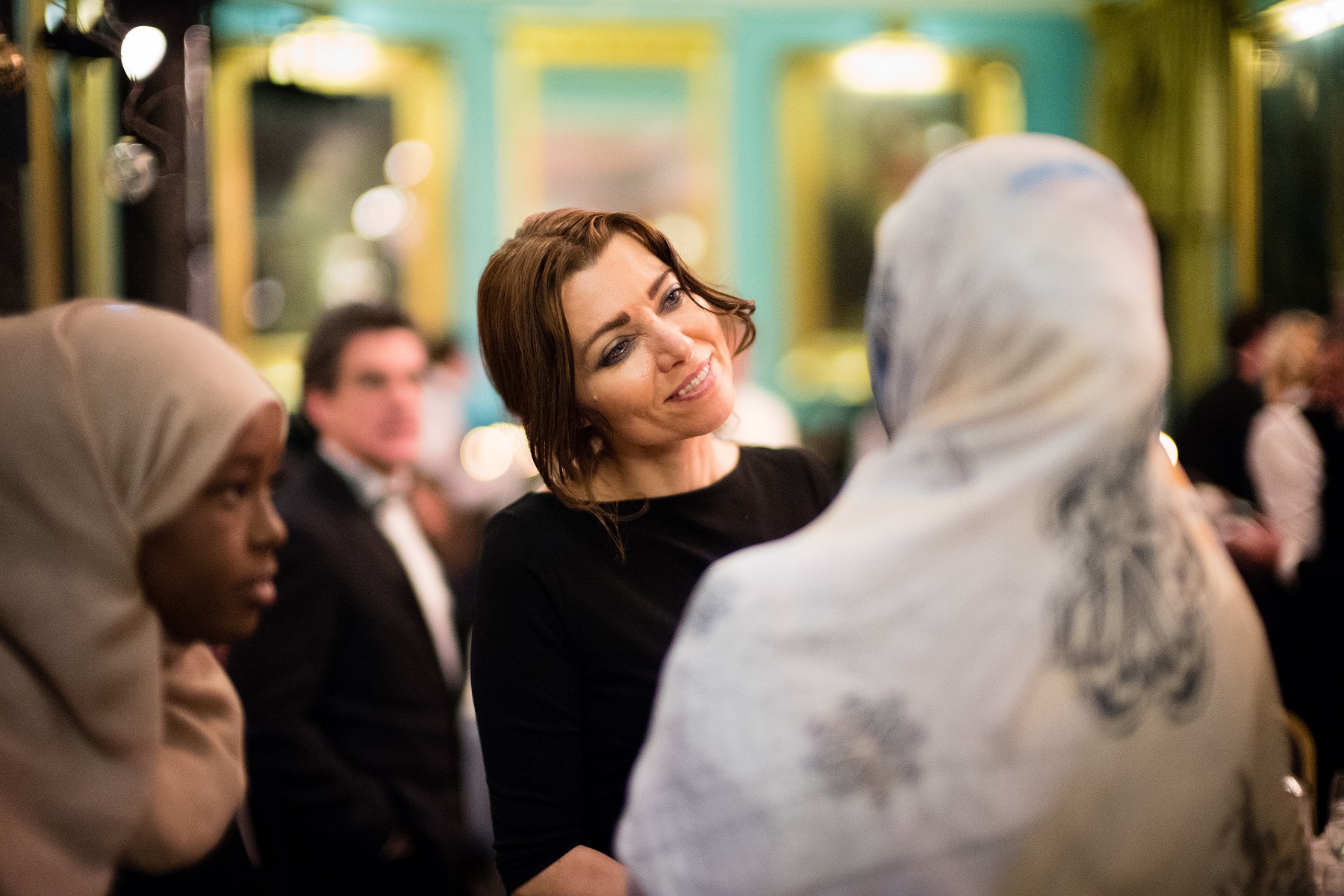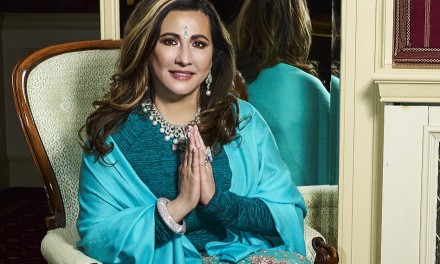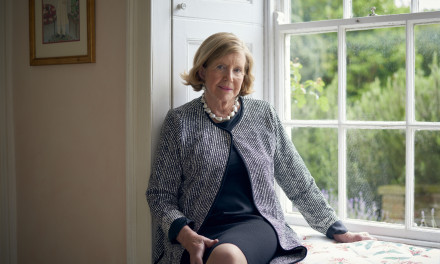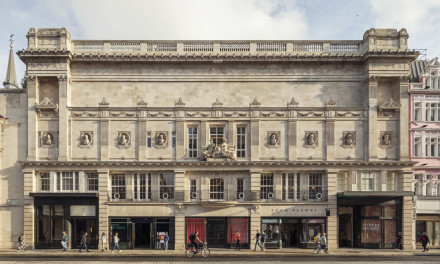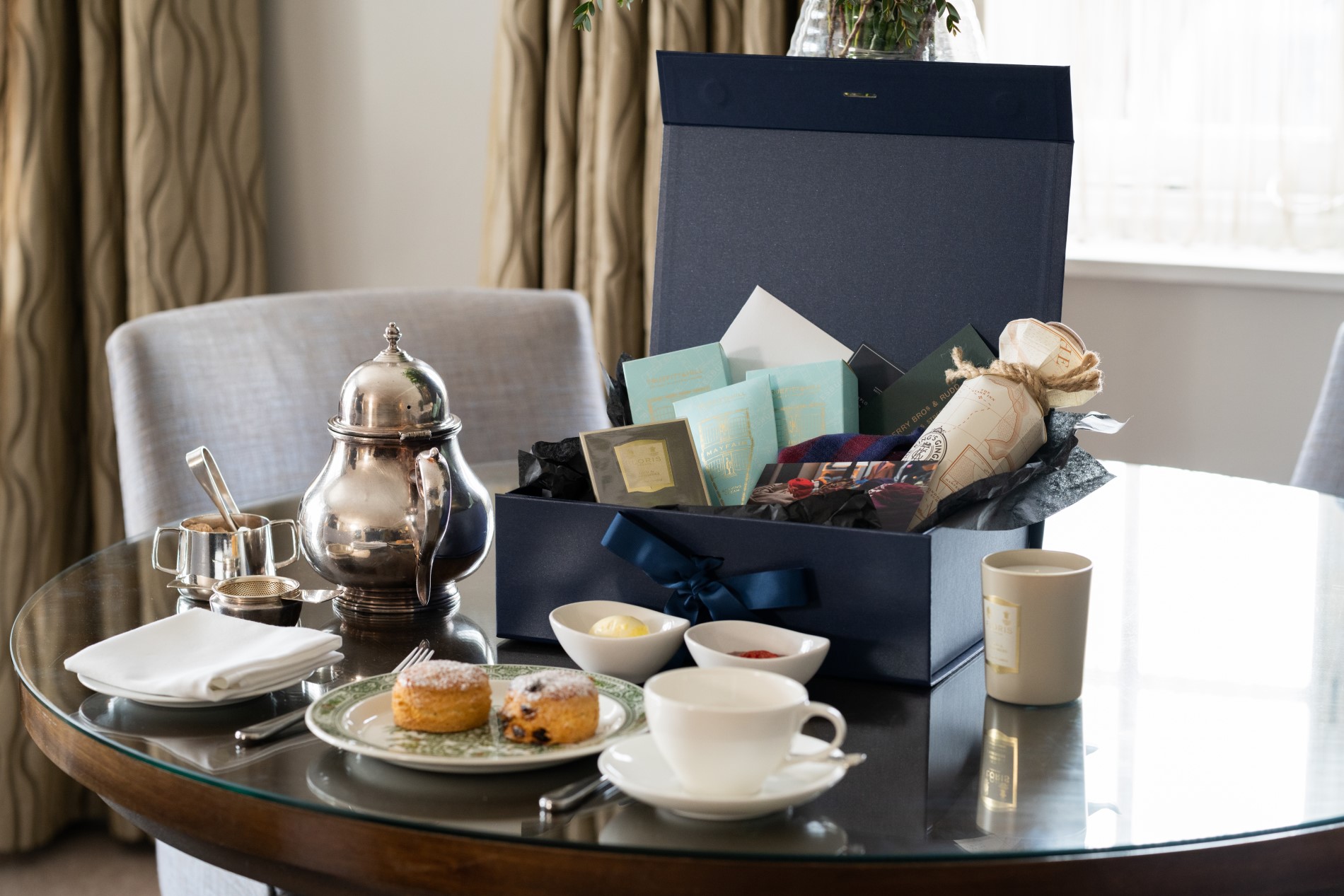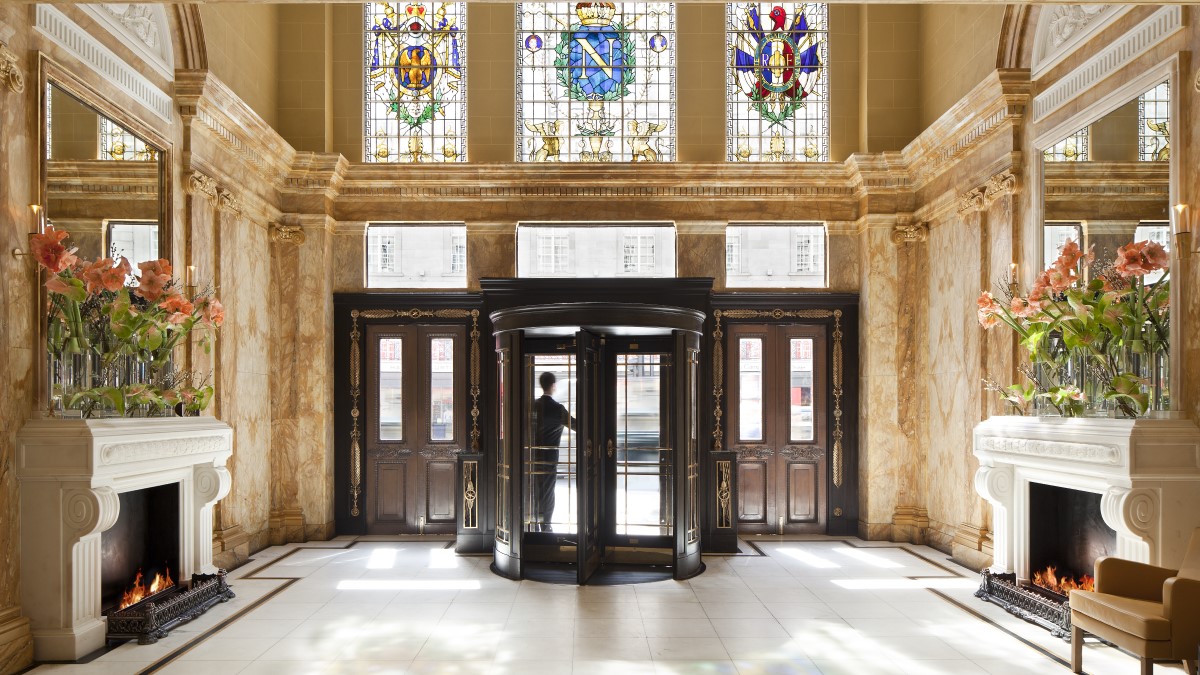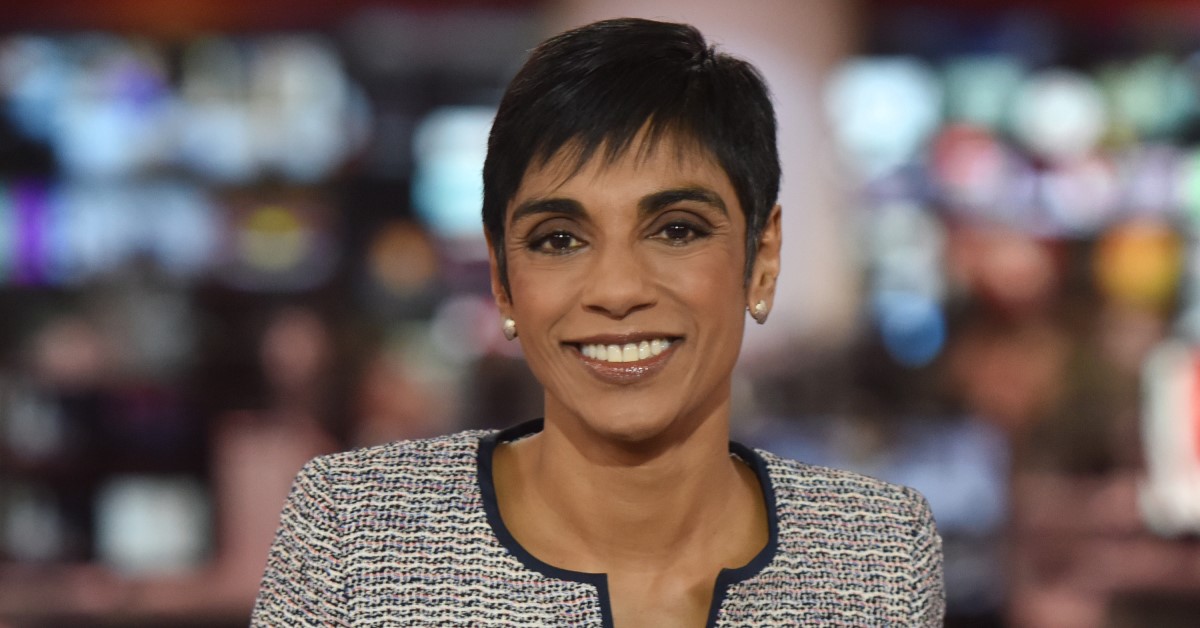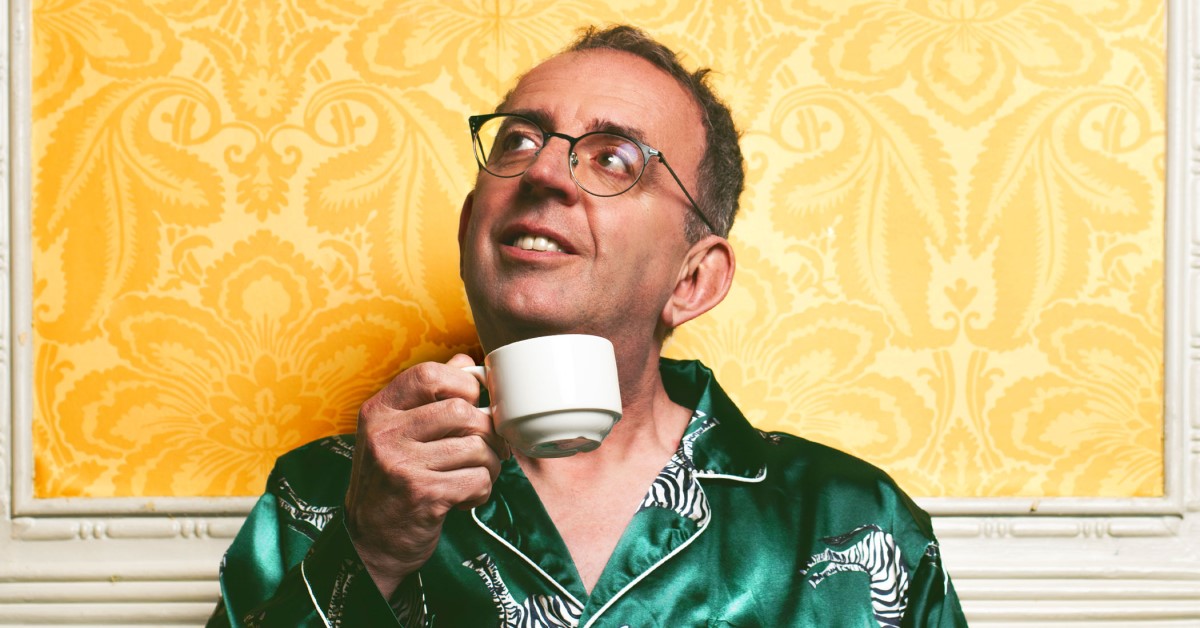Elif Shafak is an award-winning British Turkish novelist. She is an honorary fellow at St Anne's College, Oxford, and she is advocate for women's rights and freedom of speech. Here she tells Elizabeth Filippouli what she loves about London and Mayfair.
What did you think about London before coming to this city?
“I have always felt drawn to London.
“I believe some cities have that kind of magic and charm.
“We hear their call inside our souls. Then one day, we decide to follow that call without quite knowing why.
“That said, there were several reasons why I moved to London more than a decade ago now. The fact that it was so diverse and open and democratic spoke to me.
“Its intellectual, cultural, literary life appealed to me. As a writer, as a woman, I felt free in this city. I liked its freedom of speech, sense of humour.
“Even people like me who don’t quite fit anywhere can feel at home in London. This city has a remarkable diversity that not many cities can claim to have today.”
Many people outside the UK read about London for the first time in novels and literature. How is London portrayed and how does it influence people’s thinking about the city?
“I was a solitary child raised by a single working mother. So books were my friends, my companions.
“I still remember the impact of reading Charles Dickens for the first time as a teenager. It was wonderful.
“The world he depicted had nothing to do with the life I was living in a conservative, patriarchal neighborhood in Ankara, Turkey, at the time and yet, somehow, I felt connected to every story, each character.
“When I started reading Virginia Woolf, I was deeply curious about the city she lived in and so on.
“London has been home and refuge to a fascinating range of writers and artists, from Samuel Beckett to Freddie Mercury, and I love seeing blue plaques everywhere honouring them.”
London is a global city. It is definitely diverse; do you think it is also inclusive?
“It is and it is not. On the one hand, a foreigner or an immigrant or a latecomer can find a beautiful harmony in this city and feel welcome. This is admirable.
“On the other hand, there are important barriers and glass walls that we honestly need to talk about.
“Every child in this city should have equal opportunity and access to good education, cultural life and sports and parks. So I worry about inequalities and divisions.
“It is wonderful that in London school children get a chance to meet friends from all ethnic and cultural backgrounds.
“And yet at the same time, there are schools where children don’t even have proper food and the teachers have to work so hard without even being able to afford a house in the city.
“So there is a lot we need to do together as a community.”
What was your first impression of Mayfair?
“For me, for a long time, Mayfair primarily meant Oscar Wilde to be honest. He lived in this area and wrote lovingly about it, although he was not always happy here.
“Likewise, it was an important setting for Jane Austen’s novels. The location is just stunning. Situated between Soho, Marylebone and Knightsbridge, the area occupies a special place in the city.
“From Savile Row to Half Moon Street it is a very modern district with a long history and traditions that are still visibly alive.
“I like to discover the names of the streets, the people who have lived here in the past, its culture and many stories and secrets.”
This article was published first in the Mayfair Times. Read the magazine here.

